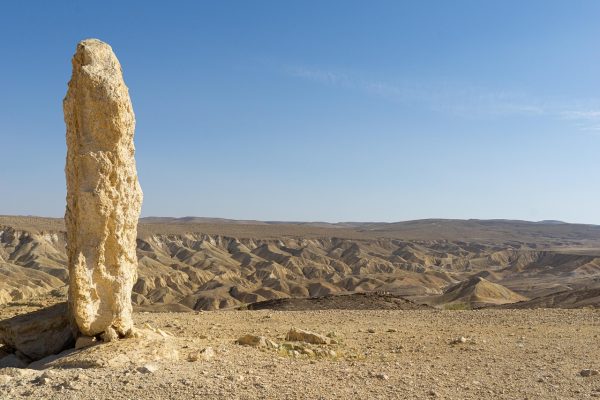He leads the seder–he can read so fast,
he’ll get us through safe and in time to eat.
But stops long enough to wag his finger:
In every generation they will rise up against us,
loud and clear and with the passion of our time.
Especially so his lovely little boy can hear,
he whose dark hair falls over one eye,
a handsome peekaboo, a nightshade—
to learn this is the lesson of Pesakh.
What about welcoming the stranger, I whisper.
What about loving him as yourself,
for we were strangers in the land of Egypt?
What about leaving open the door
and a place set for Elijah or someone like him?
What do I teach in my silence
to keep peace at the family Seder,
where starvation roils beneath the surface so close
and in the ever-present past of our elders, soon to be gone?
This is how it happened to us instead of them.
This is how the rabbis got shorn.
This is how we were led like sheep.
This is how the six million
and the twelve-hundred on the Seventh
and the two-hundred hostages
we dare never forget, but sometimes do.
I say, just give us the choices that are rightfully ours,
so You, Hashem, don’t have to waste Your power,
or You need to nap having gotten weary of our ceaseless need.
We might tear down the walls ourselves that have suffered us
and free all those who are like we were then.
Perhaps the stranger is only wary.
Give us the means to discern who means us harm
and those who mean none.
With our eyes wide, with our heart,
no matter how hardened in times like these,
let us never wag a finger.
There was no worse time to be born than this,
except all the others.
Remind us of that peekaboo boy,
and his children and their children,
are destined to be here long after we’re done.
previously published in Poetry Super Highway Yom Hashoah 2024












